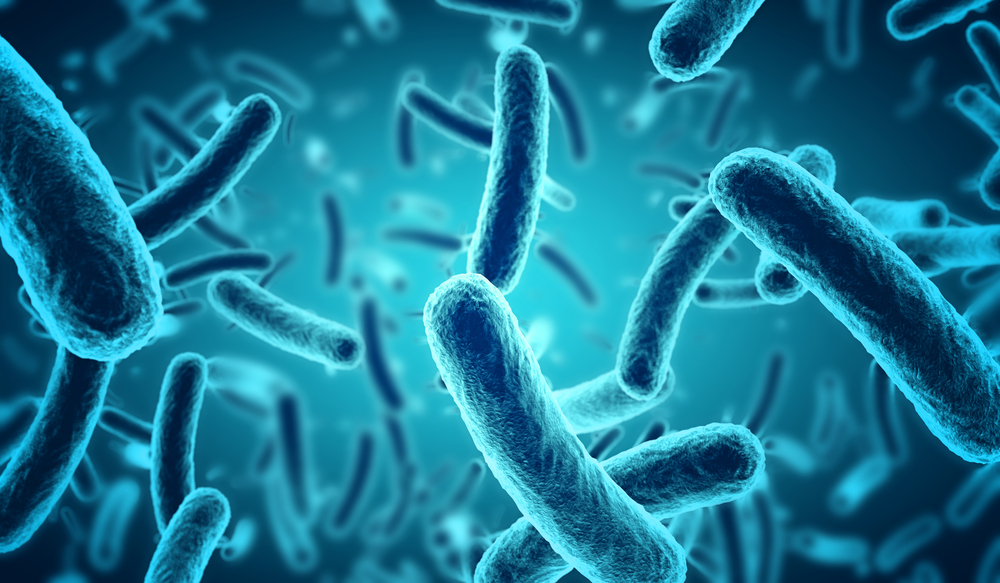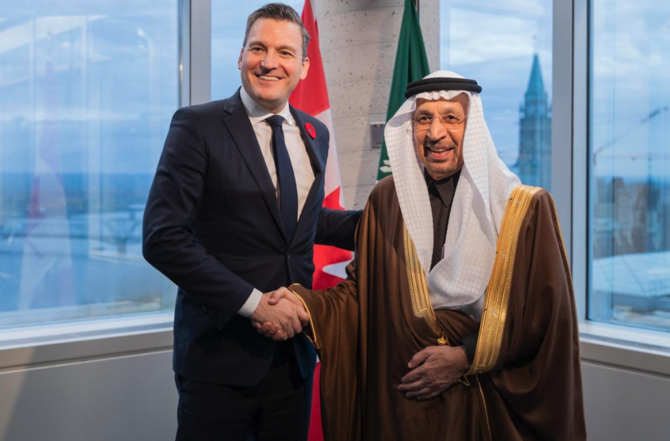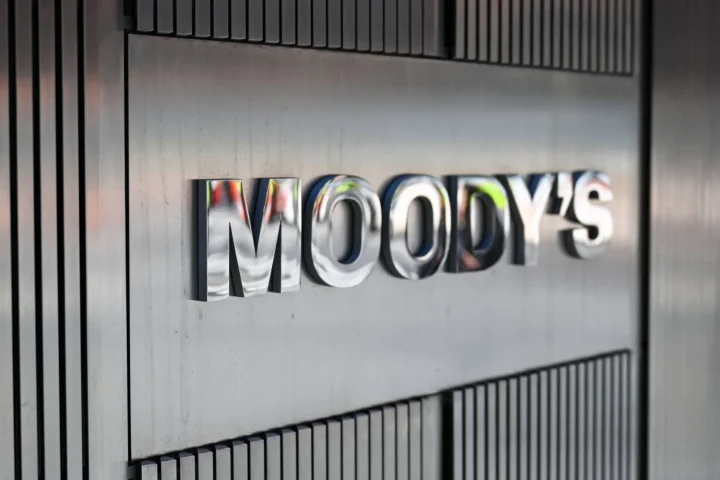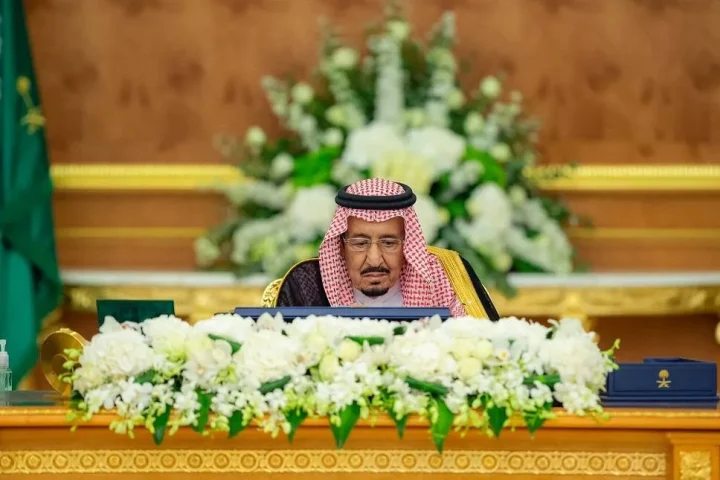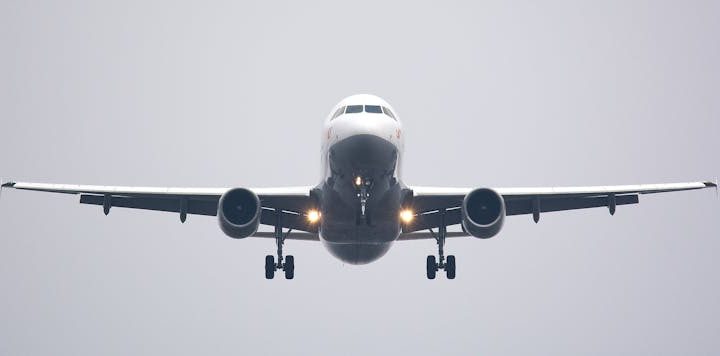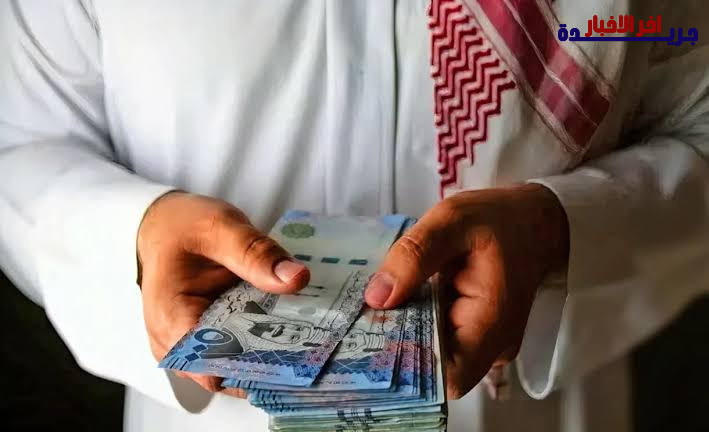Scientists in Saudi Arabia are turning to nature’s tiniest workers—microbes—to revolutionize the way the Kingdom treats its wastewater, offering an eco-friendly and sustainable solution aligned with the goals of Vision 2030.
By employing advanced techniques in microbial biotreatment, researchers are using bacteria, algae, and other microorganisms to break down organic pollutants and neutralize harmful substances in wastewater.
This method reduces reliance on chemical treatments, making the process safer, more cost-effective, and environmentally sustainable.
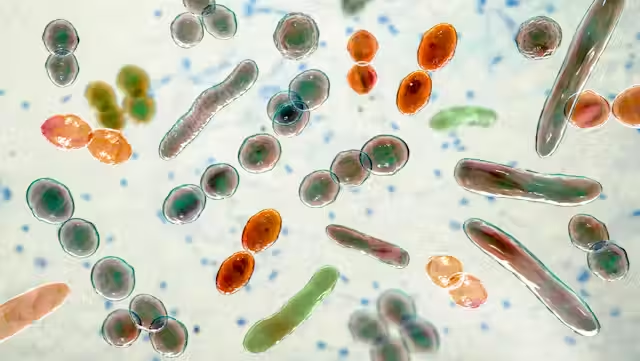
The approach not only helps reduce environmental impact but also contributes to Saudi Arabia’s efforts to improve water reuse in agriculture, industry, and municipal services.
As the Kingdom faces increasing water demand due to population growth and urban expansion, scientists see microbial treatment as a promising tool to meet the challenge, while preserving natural resources and supporting long-term water security.
Experts believe this innovative technology could pave the way for broader applications in arid regions, offering a powerful and natural ally in tackling global water scarcity.
Also Read: Symptoms of Vitamin Deficiencies in the Body


